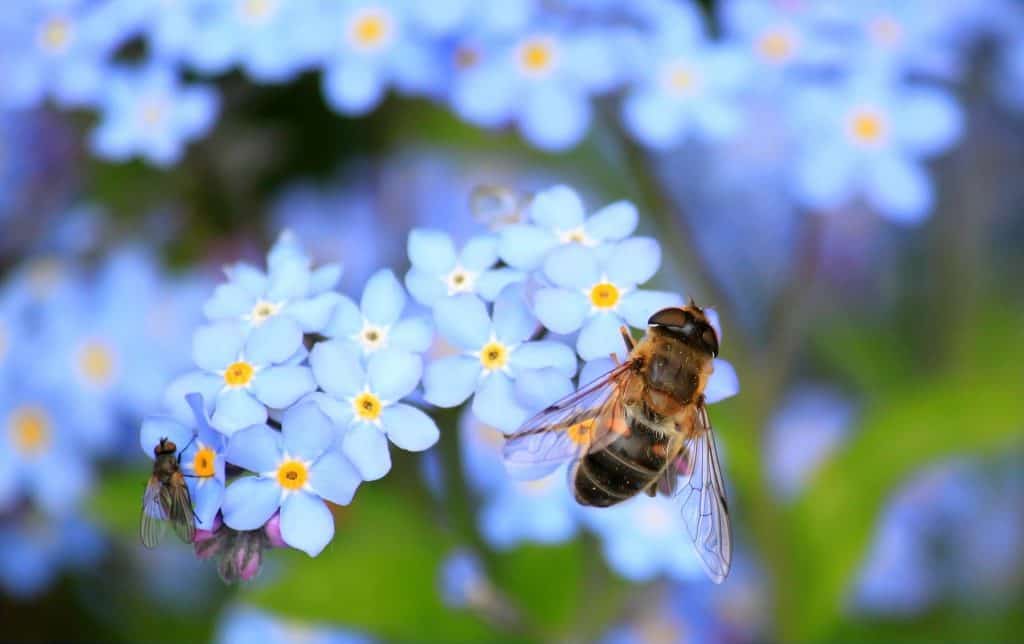
We have to give the coronavirus pandemic this, if nothing else: Its arrival, turning us all into smart and careful self-quarantiners, coincided with the beginning of spring.
Sure, you could look at this in a negative light and focus your stir-crazed energy on bemoaning the missed trips to the park with friends, road trips to the shore on unseasonably warm weekends, and lost seasons of Little League and lacrosse for your kids. But had COVID-19 showed up, say, around Christmas, your irritability would have been much higher. The colder weather would keep you indoors and more susceptible to a vicious case of cabin fever.
It’s nearly May. You don’t have to worry about staring at the same four walls all day. Go outside. Embrace your outside surroundings. Get in touch with nature.
I’m hardly an outdoorsman. I’ll go on the occasional hike with my dog and I enjoy playing sports, but I’m more prone to chill out on the couch on a lazy Sunday. Camping, for instance, never sounded appealing to me.
But during these strange and uncertain days we’re living in 2020, it’s as good of a time as any to change habits and venture out of your comfort zones, too. Or, at the very least, to appreciate your own yard or neighborhood, some of the things we’d never pay attention to or take for granted back in the Normal Times.
Since both Earth Day (Wednesday, April 22) and Arbor Day (April 24) each took place during the last full week of April, let’s leap into spring with some suggestions on how to fully appreciate what’s around us and put our kids and our kids’ kids into a position to enjoy those same things in the future, too.
Get your hands dirty.
About 30 years ago or so, my family decided to get my mom a Dogwood tree for Mother’s Day. The tree is still standing outside the front window of the house and seeing its white flowers bloom each spring has made me eager to add another tree to the other side of the yard one of these years. Why not this year?
Many Arbor Day events were postponed last week. But we don’t need a special event or public gathering to do our own part in maintaining sustainability. Just like there are local restaurants that need support this spring, there are local home and garden shops, too, that are worthy of our business and, like Bloomers in Sewell, for example, have social distance-friendly shopping, curbside pickup and delivery.
If you’re trying to keep kids busy, Bloomers has a special on a Build-a-Birdfeeder kit. More kids activities, that fall under both fun and educational, can be found at the Academy of Natural Science’s Earth Week website.
Some of those free, kid-friendly programs include building a prototype birdnest, identifying trees through leaves and learning about bee-friendly plants and making a bee-friendly seed mixture. How critical are bees? According to Earth Day’s official website, pollination is “the process that is imperative to the success of nearly all-terrestrial life on earth.” Sounds important.
There are also fun apps like iNaturalist to check out, too.
Change your ways.
We’re all creatures of habit and habits are hard to break. But surely during survival mode you’ve become wise to some things, like that you could be saving a good bit of money each day by making your own coffee and not always getting it at a store on the way to work.
Well here’s another reason to adapt your coffee consuming ways: those paper cups from Wawa, Starbucks, and wherever else you’re getting your Joe on-the-go, they’re not recyclable. Nope. Yeah you might be fooled into thinking they are since they appear to be 100 percent paper cups, but those pesky coffee cups are coated with polyethylene, a plastic resin that keeps your cup from getting soggy or flimsy once it’s filled with your favorite beverage. (And we haven’t even brought up the wastefulness of throwaway mixing straws).
So now that you’re already practicing social distancing (and saving money) by making your own coffee, continue to do so when we’re out of isolation. And invest a few bucks into a reusable tumbler you can use when you do buy coffee on the road.
This would be an ideal time to bring up water bottles, too. But it’s 2020. Hopefully those old habits changed a while ago and you’re taking advantage of water filtration systems (you shouldn’t have to buy your own water if you’re already paying a water bill!), re-filling stations throughout public places and business, and reusable bottles.
Embrace our new world.
While driving out to take a few photos for The Sun Newspapers last week, shortly after dinner, I was pleasantly surprised by the lack of traffic on Rt. 42 southbound en route to Washington Township, generally a headache-inducing rush hour commute spot. But obviously the vast majority of us who are able to work at home have been doing that for close to two months.
The result? Fewer cars on the road and a more breathable air in our backyards.
We can all reduce our carbon footprints by one pound for every mile we don’t drive. Now what if businesses also learn to take advantage of technology (like the meetings on Zoom, or chats on Google Hangouts we’ve all gotten used to) to limit unnecessary travel by plane, too?
The coronavirus pandemic isolation time has also changed the way we shop for food. In addition to supporting local farms more — from personal experience, they’ve been easier and quicker to deal with than grocery store chains — we can also buy organic products from those farms, in turn helping to keep the environment (and your own diet) free of toxic pesticides.
No one is asking you to save the world during isolation time. But you can consider changing habits and embracing your natural surroundings, since, this spring, it’s all you’ve got.
***
Dispatches from Home is a new weekly feature from Sun Newspapers. The smart and safe coronavirus epidemic isolations have surely left us all a little stir crazy. Each week, Ryan Lawrence will offer some ideas to keep you busy, entertained — or both.









